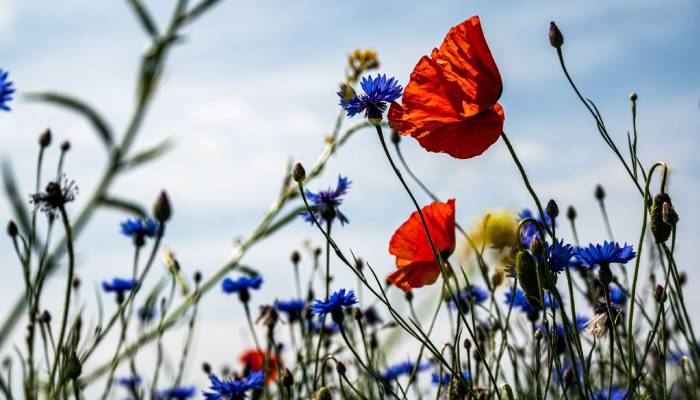
or

The use of bio resources in research has increased drastically with researchers using traditional knowledge (TK) and traditional medicine systems to conduct empirical studies and innovate to possibly develop useful products. This trend has brought the friction between two completely different regimes namely, the Biological Diversity Act 2002 (BDA) under the Convention on Biological Diversity (CBD) and the Patents Act 1970 under the TRIPS Agreement into sharp focus.
The first-to-file requirement coupled with the absolute novelty under the patent law, is a deadline that requires a carefully crafted waltz between the applicant and the patent agent involving the steps of invention disclosure, the prior art search, the drafting of patent specification and filing at the patent office. Each step is fraught with tension due to the implacable time-lines, lest some other inventor files first.
So when the inventor uses bioresources and / or TK, the waltz becomes complicated with a fox-trot between the BDA and the Patent Law; with tensions mounting considerably if there is a business timeline for licensing and commercialization.
While an academic may merely dwell on biopiracy and the sovereign rights of the nation and people on the bio resource under the BDA, and the proprietary rights on the invention under Patents Act, the ground reality is different for an inventor who uses Indian bio-resources and / or TK. The tension commences from conception of the idea for research. The BDA requires that an Indian entity must commence any research after giving prior intimation to the State Biodiversity Board, while the foreign entity must obtain prior approval from the National Biodiversity Authority (NBA) on Form 1 before commencing any research. Foreign entity is defined in Section 3(2) to mean any entity that has “non-Indian participation in its share capital or management”.
This requirement is different for the Form III no-objection certificate required by the Patent Office before the grant of patent. While Rule 14(3) of the BDA affixes the responsibility on the NBA to dispose of the application within 6 months of filing, the ground reality is that it takes over 2 to 3 years. Failure to obtain prior approval attracts criminal action under Section 55 and is liable to be imprisoned for 5 years and/or fined up to INR 10 lakhs. The research therefore, is apparently on hold and the patent application cannot be filed.
Sunita K. Sreedharan is an Advocate, Patent Agent and CEO, SKS Law Associates. She has recently authored a book on “An Introduction to Intellectual Asset Management”. Sunita is a member of Licensing Executive Society (LES) and Association Internationale pour la Protection de la PropriétéIntellectuelle (AIPPI). Presently, she is the Legal Advisor on the Central Technology Management Committee of the Indian Council for Agricultural Research.

Lex Witness Bureau

Lex Witness Bureau

For over 10 years, since its inception in 2009 as a monthly, Lex Witness has become India’s most credible platform for the legal luminaries to opine, comment and share their views. more...
Connect Us:


The Grand Masters - A Corporate Counsel Legal Best Practices Summit Series
www.grandmasters.in | 8 Years & Counting
The Real Estate & Construction Legal Summit
www.rcls.in | 8 Years & Counting
The Information Technology Legal Summit
www.itlegalsummit.com | 8 Years & Counting
The Banking & Finance Legal Summit
www.bfls.in | 8 Years & Counting
The Media, Advertising and Entertainment Legal Summit
www.maels.in | 8 Years & Counting
The Pharma Legal & Compliance Summit
www.plcs.co.in | 8 Years & Counting
We at Lex Witness strategically assist firms in reaching out to the relevant audience sets through various knowledge sharing initiatives. Here are some more info decks for you to know us better.
Copyright © 2020 Lex Witness - India's 1st Magazine on Legal & Corporate Affairs Rights of Admission Reserved